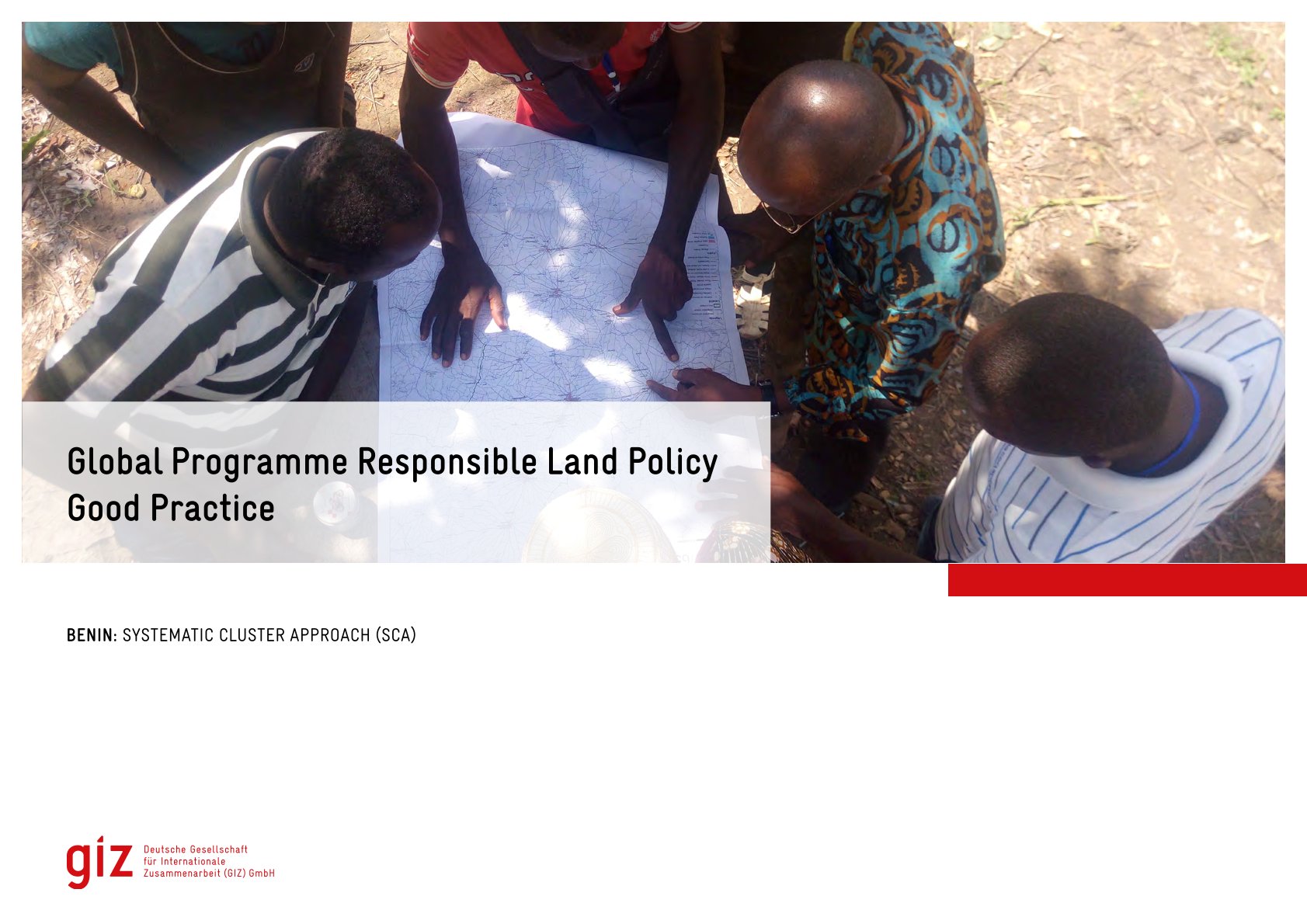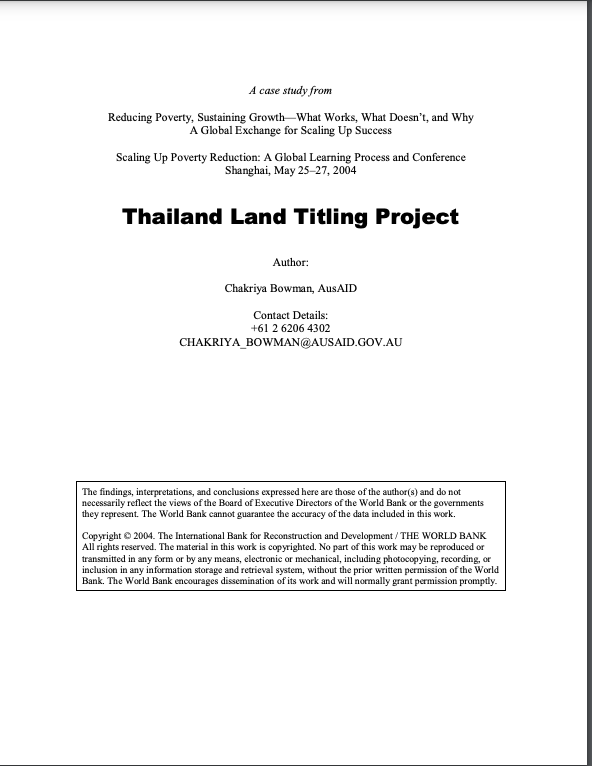Land rights: the missing link for food security in Cameroon
Land registration and titling in Africa are often advocated as a pro-poor legal empowerment strategy. Advocates have put forth different visions of the substantive goals this is to achieve. Some see registration and titling as a way to protect smallholdersrights of access to land. Others frame land registration as part of community-protection or ethno-justice agendas. Still others see legal empowerment in the market-enhancing commodification of property rights. This paper contrasts these different visions;showing that each entails tensions and trade-offs.









